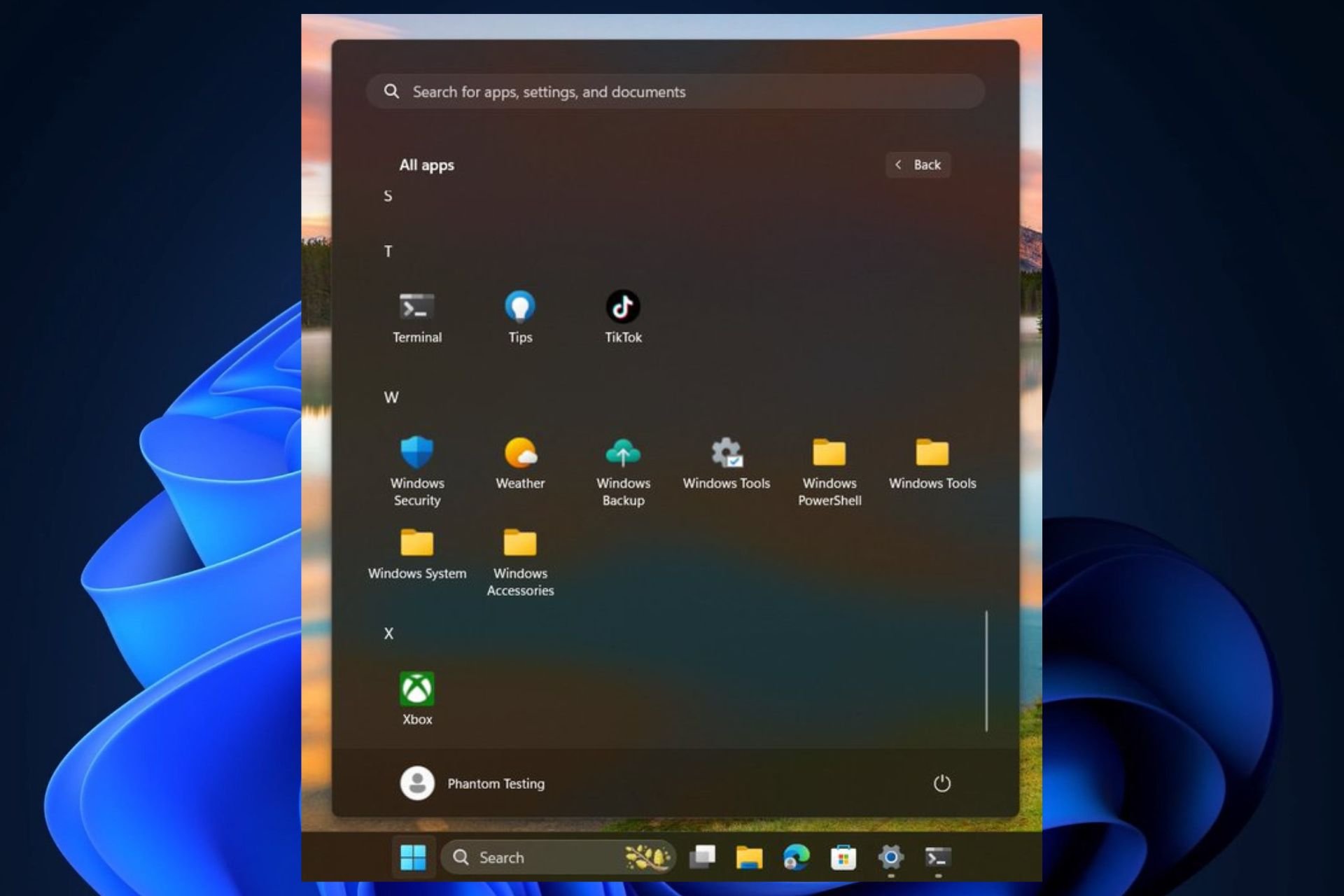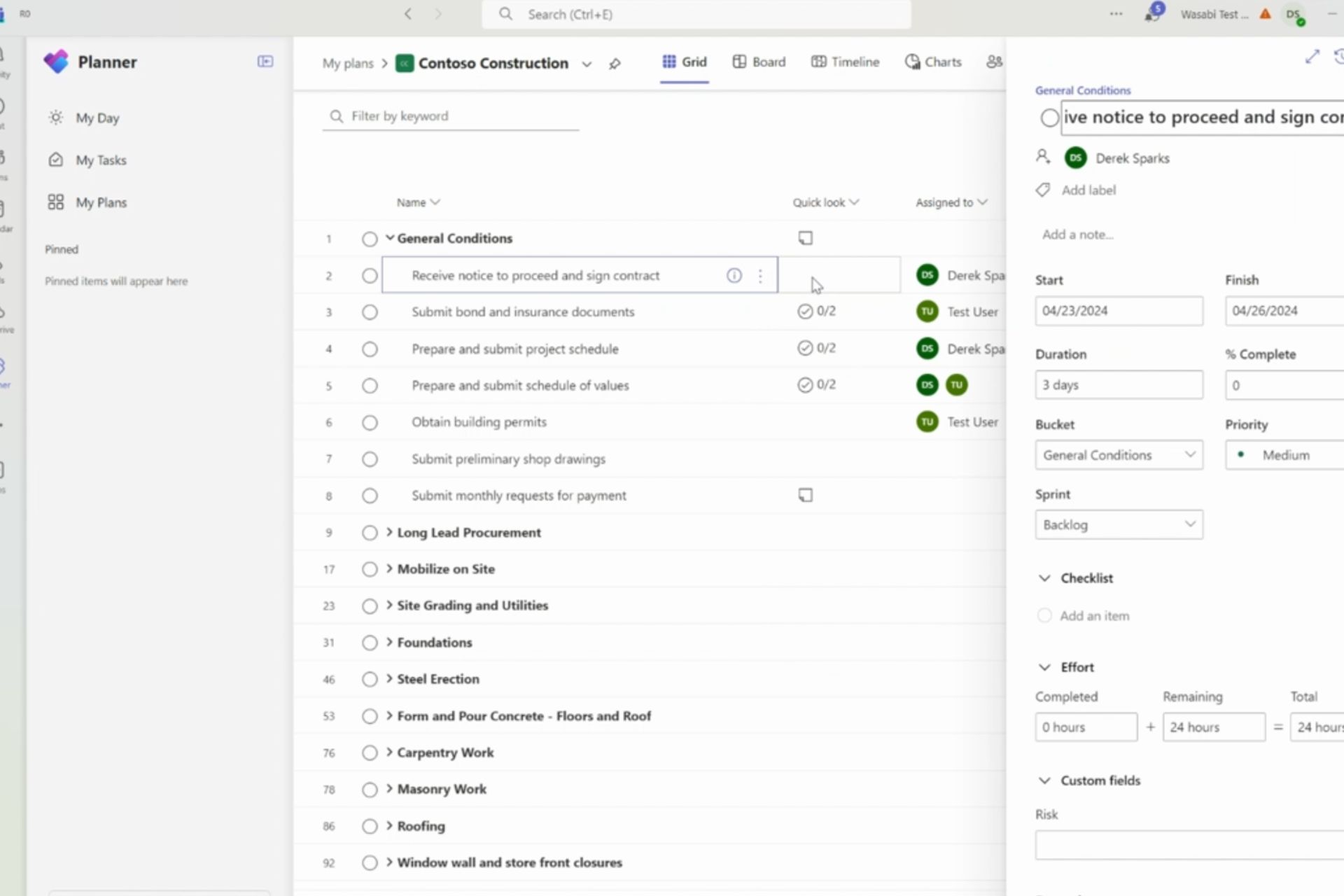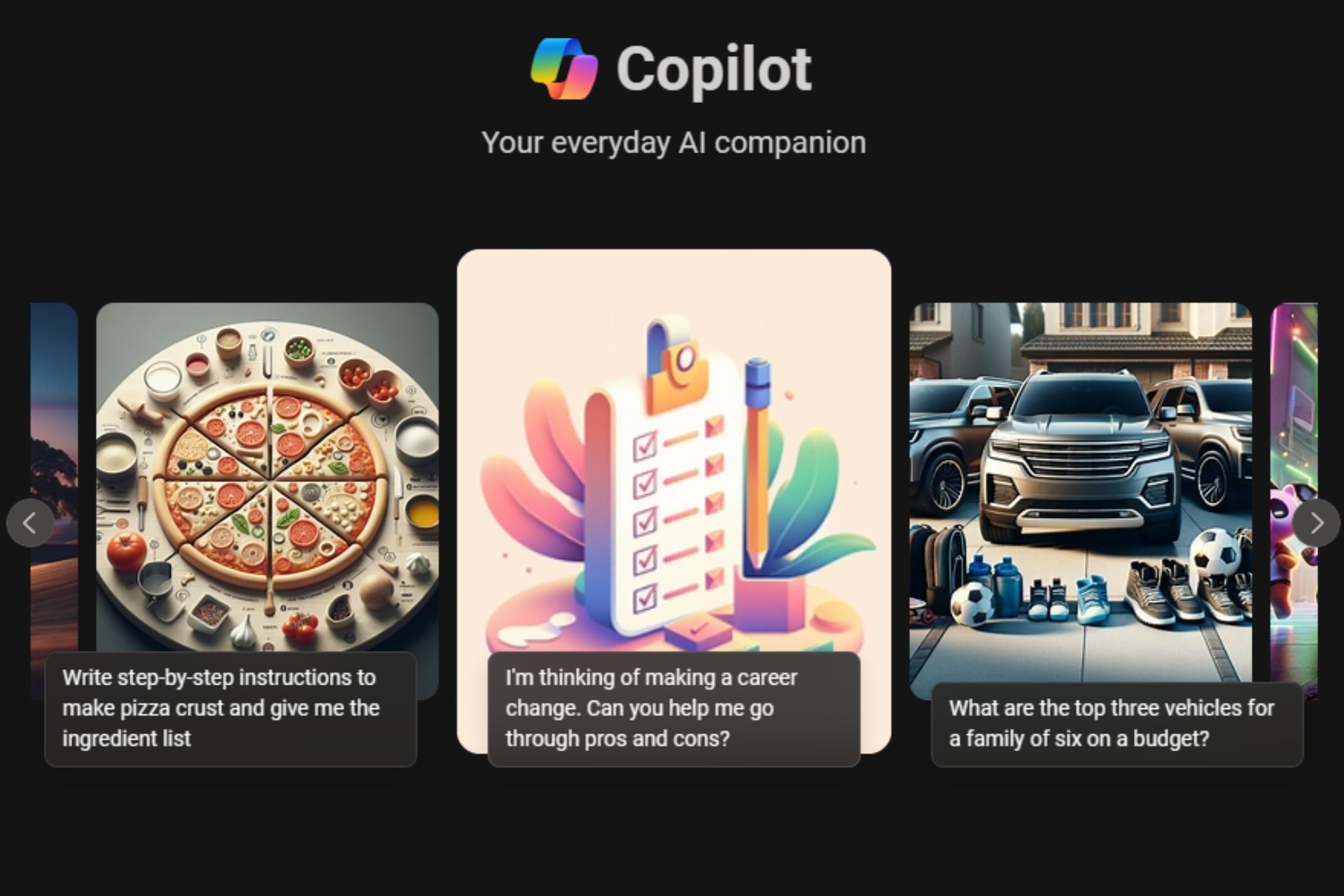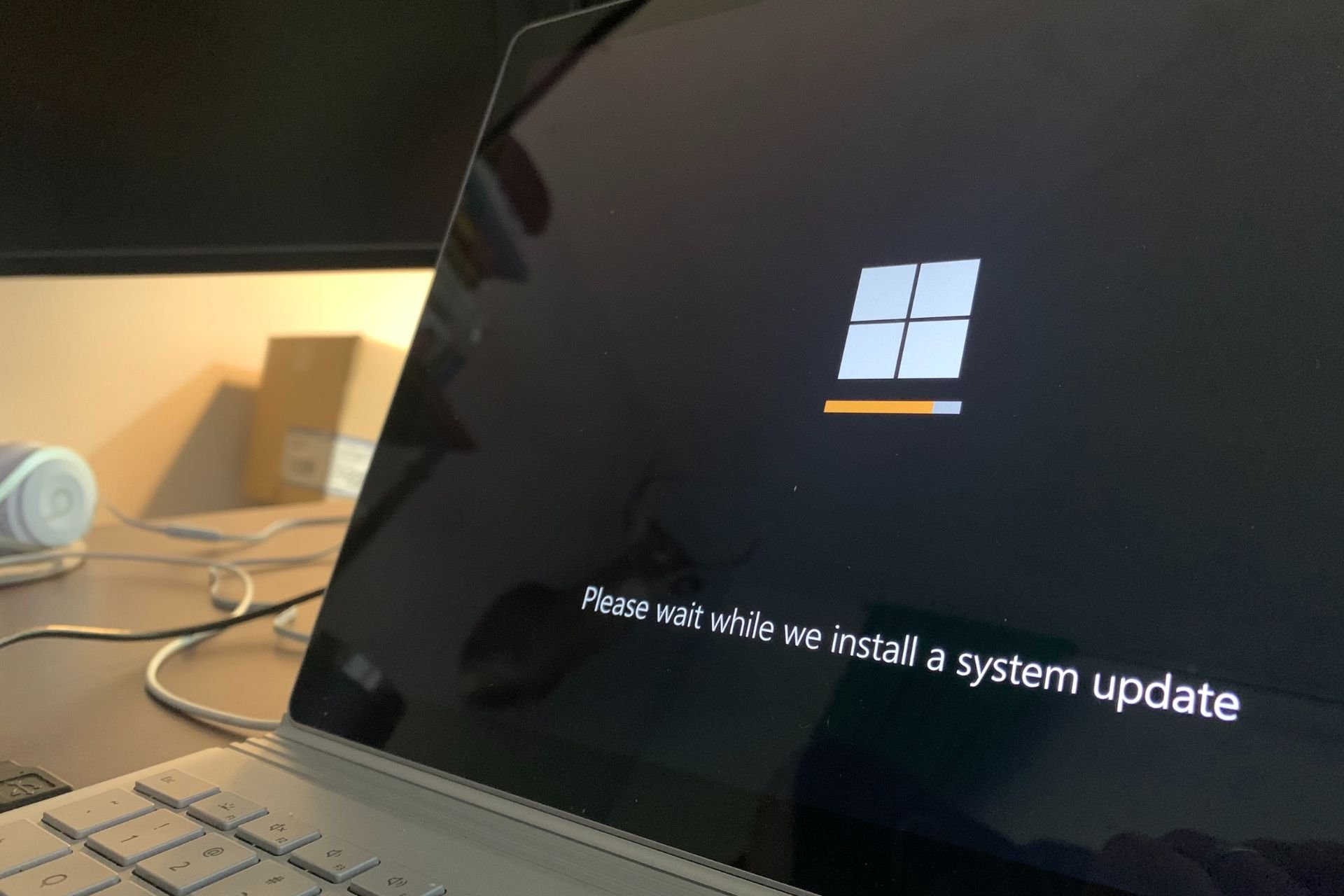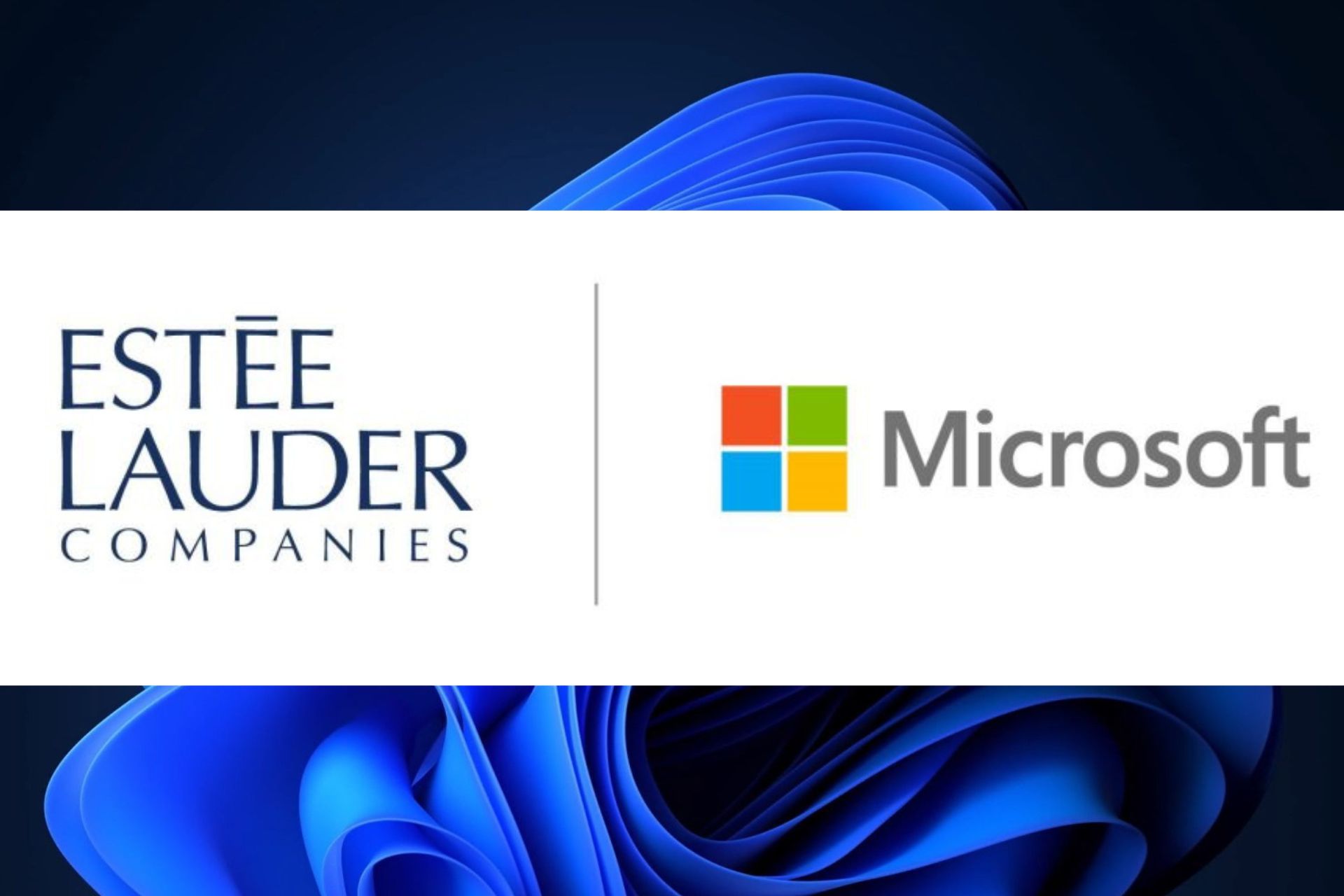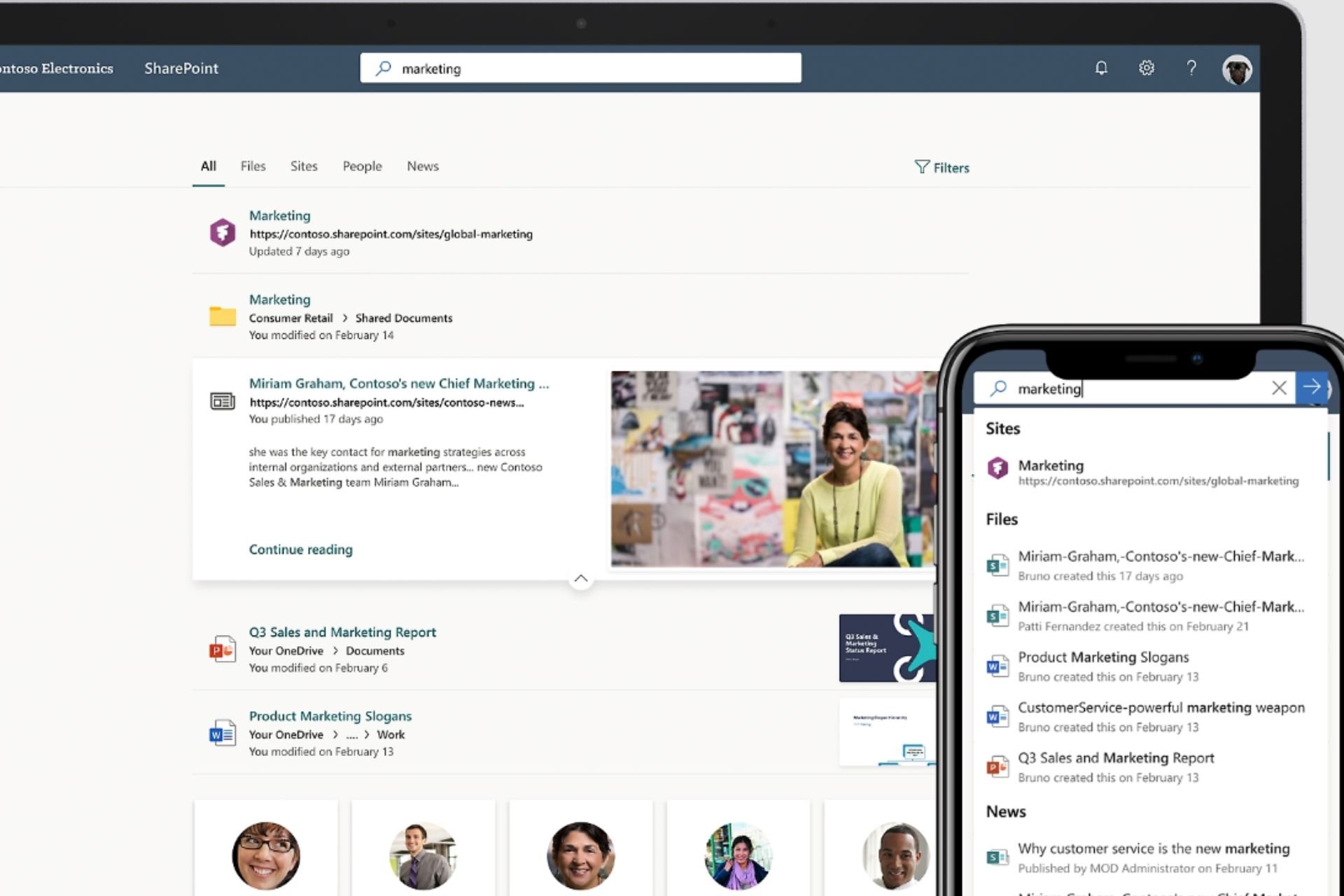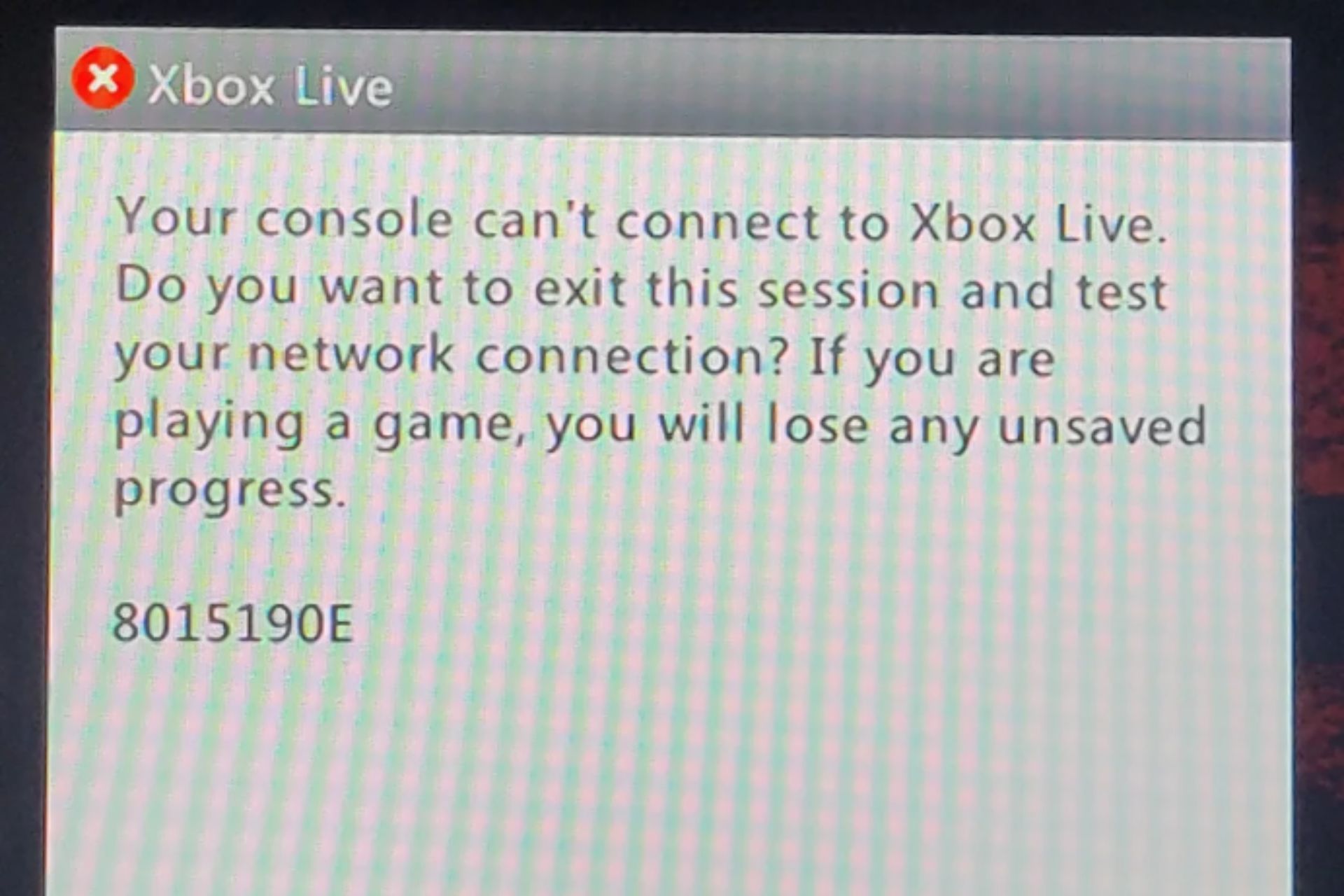Microsoft Researchers try their hand at predicting the future
4 min. read
Published on
Read our disclosure page to find out how can you help Windows Report sustain the editorial team Read more
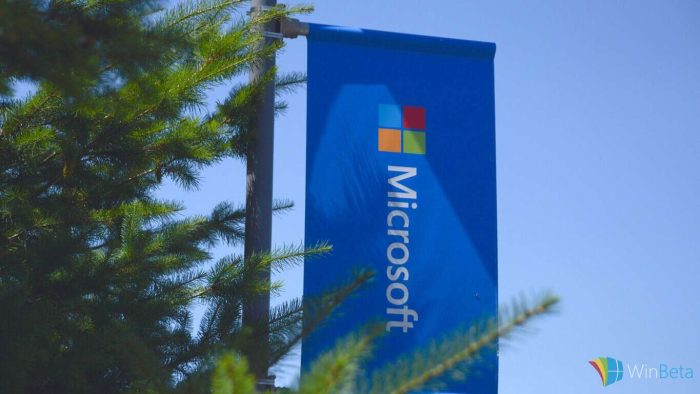
In 1991, former Microsoft Chief Technology Officer Nathan Myhrvold wrote a 21-page argument for more Microsoft investments in basic research and development. Founder and then-CEO Bill Gates was apparently swayed by Myhrvold’s arguments, because Microsoft Research was founded and will enjoy its 25th anniversary next year.
Perhaps in preparation for the anniversary, Microsoft has been tapping into the smarts behind the Microsoft Research team–made up of over 1,000 scientists and engineers working across many different technology disciplines in research labs spanning the globe–to prognosticate about the future of technology and its impact on society. In November, the company published a free eBook anthology, “Future Visions,” written by prominent science fiction writers who gained access to Microsoft Research staff and facilities, which is available on Amazon and elsewhere.
This month, Microsoft has published a set of predictions over at the Microsoft News Center, whereby 16 leading Microsofties in the Technology and Research group provide their thoughts on what 2016 should produce in the way of innovation as well as what we should enjoy by the time 2026 rolls around. As you can imagine, if these individuals are correct then we should see some pretty cool stuff coming in the very near future.
It’s a distinguished group of technology gurus, and they have some pretty wild ideas on just where technology is headed. If they’re correct, then next year should bring some key breakthroughs and 2026 could end up pretty trippy. Here are some highlights.
Chris Bishop, Managing Director of Microsoft Research, Cambridge, UK, Microsoft Distinguished Scientist, Major technological advance in Europe in 2026
“By 2026 we will have ubiquitous, human-quality translation among all European languages, thereby eliminating the language barrier throughout Europe.”
Bill Buxton, Principal Researcher, Microsoft Research, 2016 will be the year that…
“The age of digital baubles, do-dads and planned obsolescence will begin to fade, and the focus of industry and consumers will shift from technology, per se, to enhanced human experience, values and potential.”
Lili Cheng, Distinguished Engineer & General Manager, Microsoft Research NExT, major technological advance in 2026
“Every kid who goes to school will learn to code and create the kinds of experiences we use every day. This means we’ll be able to better design and control how computers impact our lives.”
Kate Crawford, Principal Researcher, Microsoft Research, major data science advance in 2026
“AI agents like XiaoIce will feel so real and play such a central, trusted role in our lives that we will require them to have the same ethical and legal relationships that we have with doctors, lawyers and therapists.”
Jasmin Fisher, Senior Researcher, Microsoft Research, Cambridge, UK, major executable biology advance in 2026
“Ten years from now, cancer will be a solved problem thanks to interdisciplinary, ground-breaking approaches that will enable researchers and clinicians to compute driver mechanisms of cancer, as well as to understand, detect, diagnose and treat patients at an individual level.”
Hsiao-Wuen Hon, Corporate Vice President, Microsoft Research Asia, 2016 will be the year that…
“Video distribution on the Web will overtake TV broadcast. More people in China will watch the Olympics through the Web than through TV. Video analytics technology as offered by Project Oxford will facilitate more intelligent video processing in the cloud.”
In reading through the entire list of predictions, one gets the impression that perhaps more than anything, advances machine learning will have a very real and potentially very valuable impact on our lives. This makes sense, because a great deal of Microsoft’s research revolves around artificial intelligence and the hardware and software components that go into making it ever more powerful. We see the impact of machine learning today in products like Bing and Cortana, and we’ll no doubt see Microsoft continuing its significant investments in the technology going forward.
No matter what, Microsoft should remain an important player in advancing technology well into the future. Researchers like these are key to making sure the investments turn into real solutions. We strongly recommend that you read the entire piece, and we look forward to reporting on Microsoft’s continued advancements.







